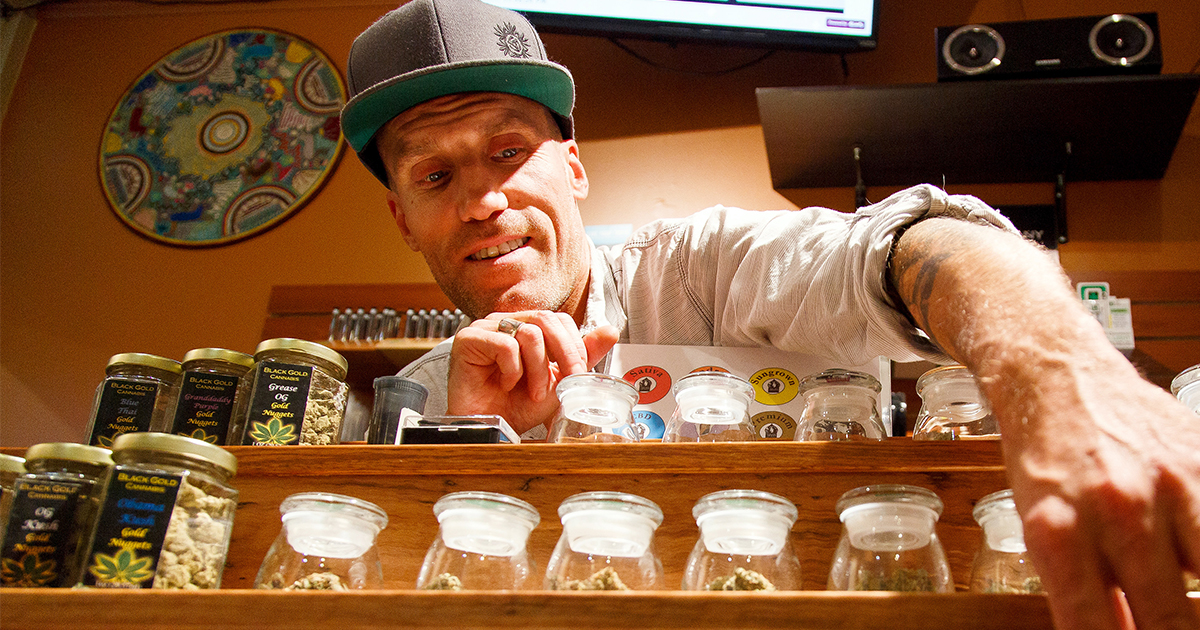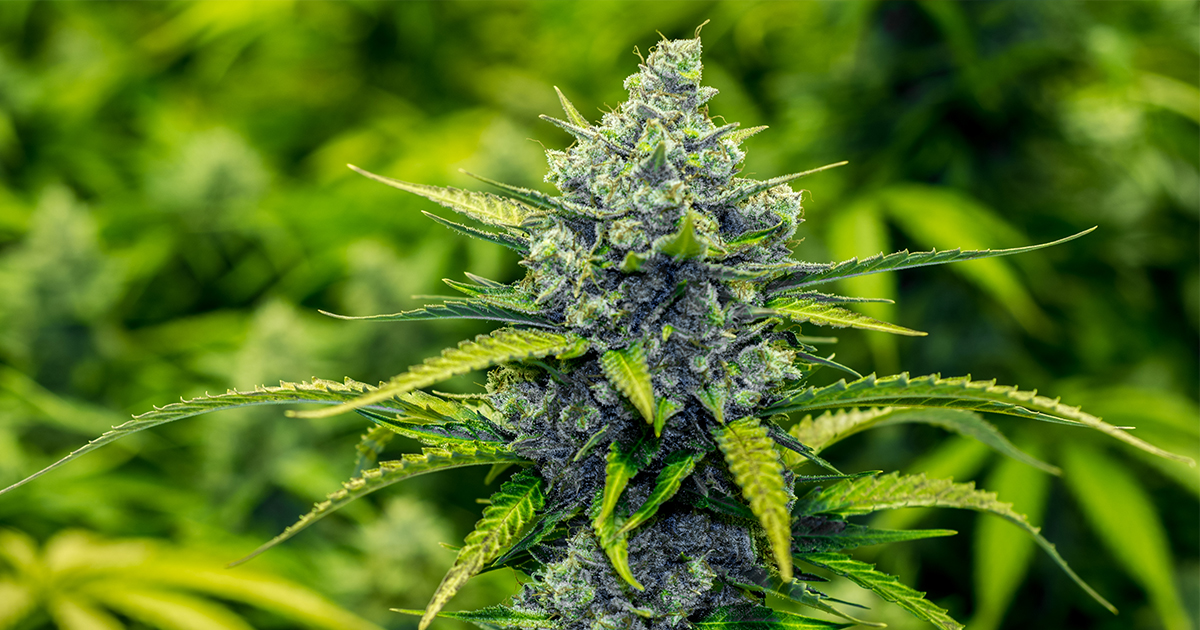The One Job the Marijuana Industry Desperately Needs

By:
There's little debate at this point about the medical value of marijuana. But for medical cannabis patients, taking advantage of those health benefits can be complicated by the fact that dispensaries are generally staffed by workers who aren't trained in the science of marijuana.
 AP/Ryan Kang - apimages.com
AP/Ryan Kang - apimages.com
There's no centralized training institute or certification program that prospective "budtenders" have to go through in order to work at a dispensary. If you're using marijuana for recreational purposes, that doesn't really pose a problem. But people using cannabis to treat specific health conditions would benefit greatly from having marijuana pharmacists onsite.
"I think there's certainly value to the idea of having people who are well-trained in assessing symptoms and recommending particular strains or products that have worked well for other patients," Taylor West, the deputy director of the National Cannabis Industry Association, told ATTN:. "The idea of a centralized training force is certainly an interesting one. It may be that we are moving in that direction but haven't gotten there yet."
A few legal states — Connecticut, Minnesota, and New York — have policies requiring board-certified pharmacists to dispense medical marijuana. But by and large, dispensaries don't require their budtenders to get formal training in cannabis health science.
 Flickr/Alex B - flickr.com
Flickr/Alex B - flickr.com
Part of the problem is that research on specific health properties of different cannabis strains is still lacking. Research shows that components of marijuana effectively treat a range of medical conditions, from insomnia to epilepsy. But information about how strain X treats condition Y is based almost exclusively on user reviews.
"There's a number of different factors at play here," West said. "Obviously one of the huge ones is that it's extremely difficult, if not impossible, to get federal funds to do research into the benefits of cannabis. And the kind of sophisticated research that would be needed to really dive into all of the potential combinations [of ingredients] is extremely expensive."
As the market for medical marijuana grows, it's increasingly important to invest both in this kind of sophisticated research and to hire health professionals who are able to present that information to the patient. It could be as simple as mandating training programs, such as those offered at the Cannabis Training Institute.
 kadmy via bigstock
kadmy via bigstock
Marijuana businesses looking to professionalize their practice can have their employees take online certification programs from the institute, which offers a variety of courses, including ones aimed at dispensary technicians, business owners, and onsite marijuana pharmacists.
The advantages of having cannabis pharmacists aren't limited to informed strain recommendations, either. Medical marijuana comes in a variety of forms — topicals, oil-based pills, edibles, tinctures, adhesive patches, etc. — and so it would be an important and valuable service to a patient to have someone who understands that, for example, a topical might come in handy to someone suffering from muscle pain.
